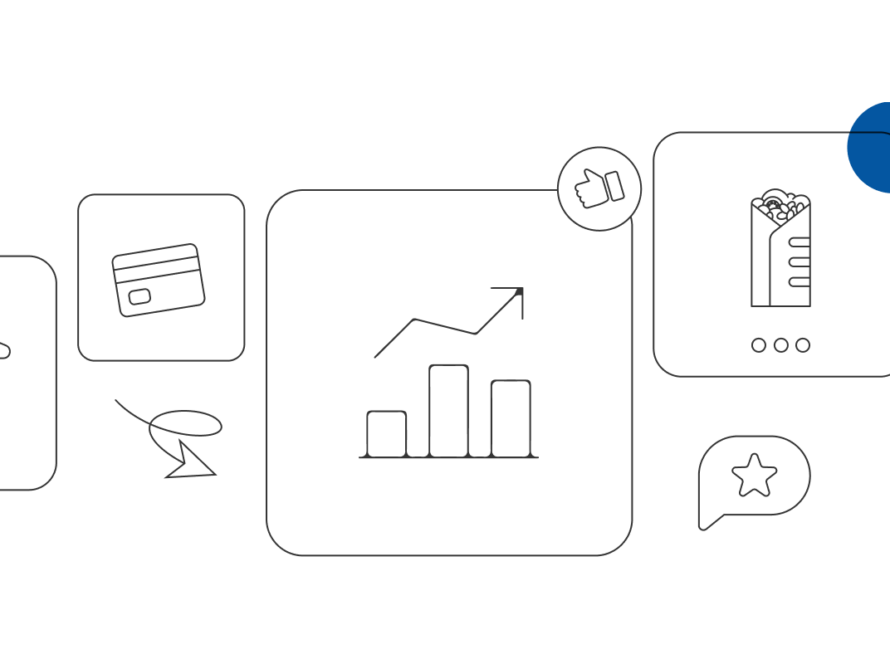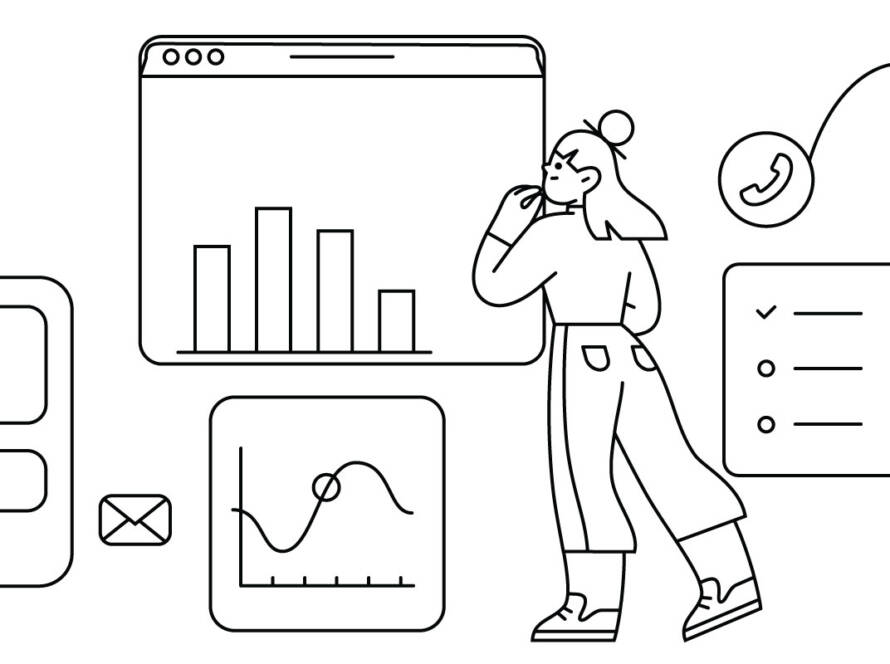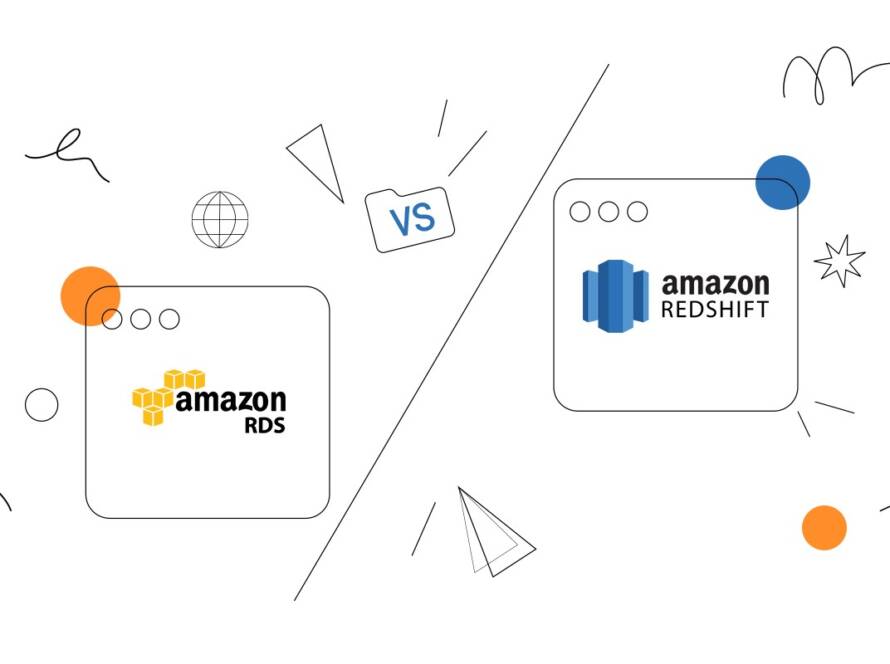Artificial intelligence (AI) is advancing at a rapid pace. From chatbots that never seem to get annoyed with our endless questions to predictive analytics that can predict what we’ll have for breakfast before we even decide, AI is everywhere. In the business world, AI has become an indispensable tool, helping companies automate tasks, analyze data, and make better decisions. As we look to the future of AI in business, we can expect even more exciting developments and advancements. So, grab your virtual popcorn and get ready for a wild ride as we explore the latest trends and predictions for the future of AI in business and how companies can prepare themselves to take advantage of the opportunities presented by this rapidly advancing technology.
What is AI?
Artificial intelligence (AI) is like having a personal assistant, but instead of fetching your coffee or picking up your dry cleaning, it’s crunching data and making decisions for you.It refers to the development of computer systems that can perform tasks that typically require human intelligence, such as visual perception, speech recognition, decision-making, and language translation. AI systems use algorithms and statistical models to analyze data, learn from patterns, and make predictions or decisions without explicit human intervention.
The Future of AI in Business
- Increased Adoption of AI-Powered Tools
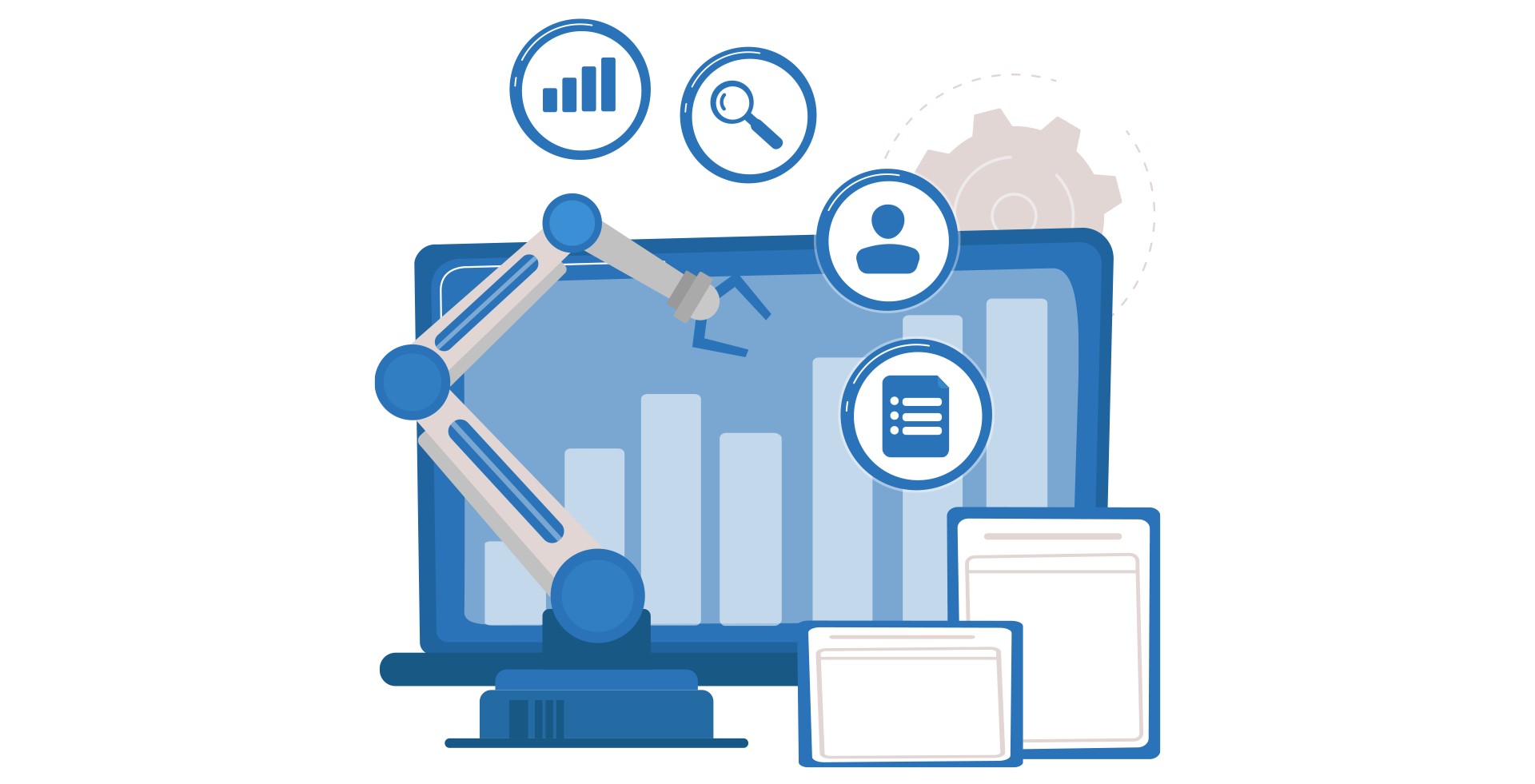
The future of AI in business is characterized by the increased adoption of AI-powered tools, which are being used across various industries to drive growth, improve efficiency, and enhance customer experience. One of the primary drivers of this trend is the availability of more sophisticated AI-powered tools, which are becoming easier to use and more affordable. Cloud-based platforms, for example, are making it easier for companies to access AI-powered tools without having to invest in expensive hardware or software. This has made AI more accessible to small and medium-sized enterprises, which previously lacked the resources to implement AI.
AI is also being used to optimize business processes, such as customer relationship management (CRM) and supply chain management. AI-powered CRM systems can help companies analyze customer data, identify patterns, and automate tasks, such as lead scoring and customer segmentation. In addition, AI is being used to enhance decision-making in various business functions, such as finance, marketing, and operations. AI-powered analytics tools can help companies identify new opportunities, predict trends, and optimize business strategies.
- Advancements in Natural Language Processing (NLP)
Natural Language Processing (NLP) is a subfield of artificial intelligence (AI) that focuses on the interaction between humans and computers using natural language. The future of AI in business is characterized by advancements in NLP, which are being used to improve customer experience, automate processes, and gain insights from unstructured data. One of the primary applications of NLP in business is customer service. NLP-powered chatbots and virtual assistants are being used to provide personalized support to customers, answer their queries, and provide recommendations.
Advancements in NLP are making it easier for companies to analyze multilingual data. NLP-powered systems can analyze text data in multiple languages, helping companies to better understand and serve their global customers. As NLP technology continues to evolve and become more sophisticated, we can expect to see even more applications of NLP in business, and more businesses leveraging its power to gain a competitive edge.
- Increased Automation
One of the most significant changes we can expect to see in the future of AI in business is the increased automation of processes. Automation has been around for a while, but AI-powered automation is becoming increasingly sophisticated and is being used in a wider range of applications. One of the most significant drivers of increased automation is the rise of robotic process automation (RPA). RPA is a type of software that can automate tasks such as data entry, document processing, and customer service. RPA-powered bots can work 24/7, reducing the need for human intervention and improving the speed and accuracy of tasks.
Another application of AI-powered automation is in supply chain management. AI-powered systems can monitor inventory levels, predict demand, and optimize logistics, reducing waste and improving delivery times. This can help businesses improve customer satisfaction and reduce costs. In addition, AI-powered automation is being used in finance to automate tasks such as fraud detection and risk assessment. It can analyze large amounts of financial data, identify patterns, and flag potential risks, helping businesses to make more informed decisions and reduce the likelihood of financial losses.
- Greater Collaboration between Humans and Machines
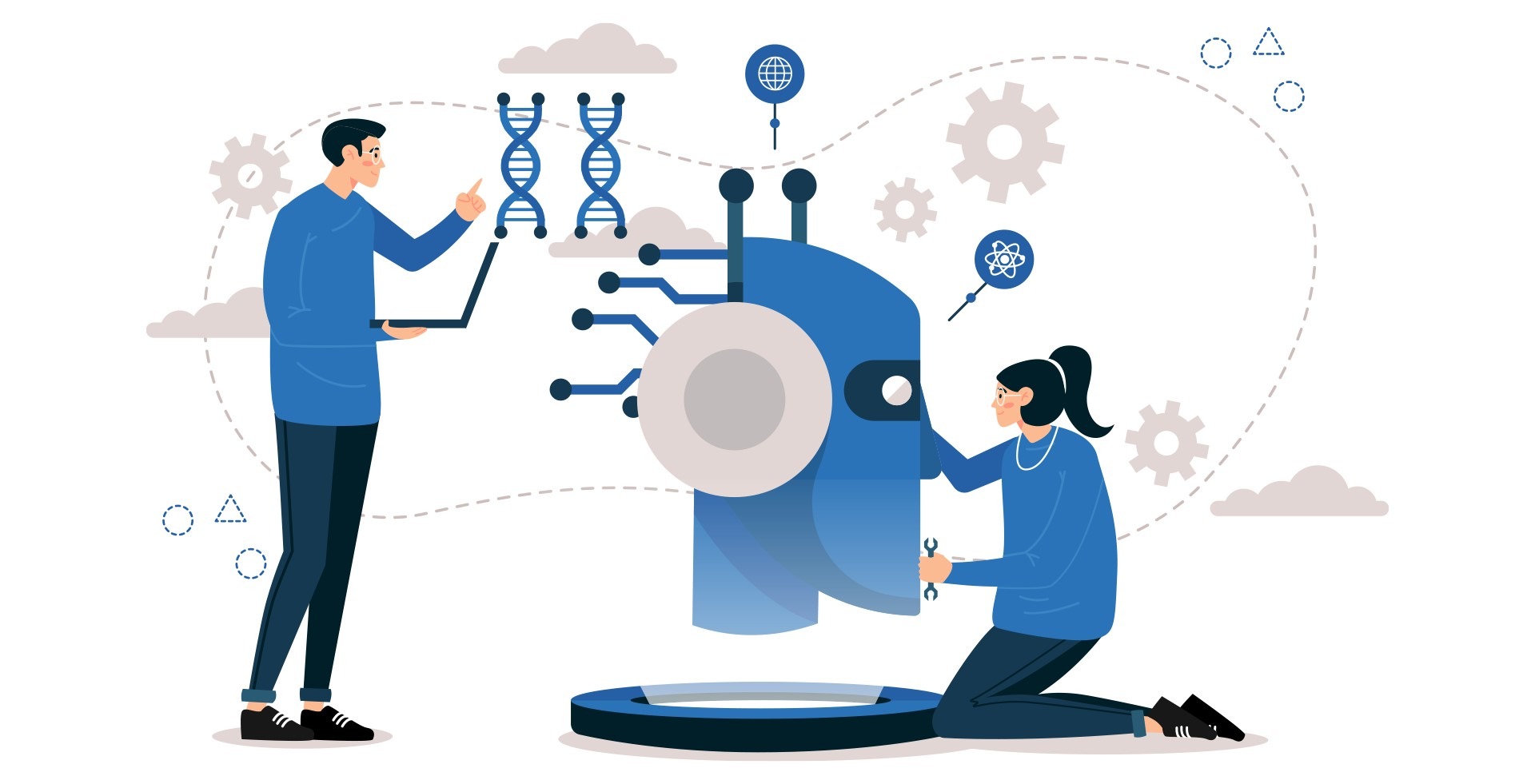
The future of AI in business is characterized by greater collaboration between humans and machines. While there has been some concern about the impact of AI on jobs, the reality is that AI is unlikely to replace humans entirely. Instead, AI-powered systems will work alongside humans, augmenting their capabilities and enabling them to work more efficiently and effectively.
One of the most significant areas of collaboration between humans and machines is in decision-making. AI-powered systems can analyze large amounts of data, identify patterns and trends, and provide insights that humans may not have been able to see.
Another area of collaboration is in customer service. AI-powered chatbots and virtual assistants can handle routine customer interactions, freeing up human customer service agents to focus on more complex and nuanced interactions. This can help improve customer satisfaction and reduce wait times. They can also assist humans in creative tasks, such as content creation and design.
Wrapping Up
In conclusion, the future of AI in business is full of exciting possibilities. Increased adoption of AI-powered tools, advancements in natural language processing, increased automation, and greater collaboration between humans and machines are just some of the trends we can expect to see in the coming years.
the future of AI in business is about finding the right balance between leveraging the power of AI and ensuring that it aligns with business goals and values. By doing so, businesses can unlock the full potential of AI and gain a competitive edge in their industries while also ensuring that the technology is used responsibly and ethically.
Exper Labs is a custom software development company and your ideal partner to stay ahead of the curve and gain a competitive edge in your industries. We help businesses enhance their marketing and sales efforts by developing AI-powered systems that can analyze customer data and behavior to identify trends and insights. By leveraging the power of AI, we aid businesses in improving efficiency, reducing costs, and enhancing the customer experience, ultimately leading to increased revenue and growth. Contact us today to learn more about how we can help you develop and implement AI-powered systems that are tailored to your unique needs and goals.
